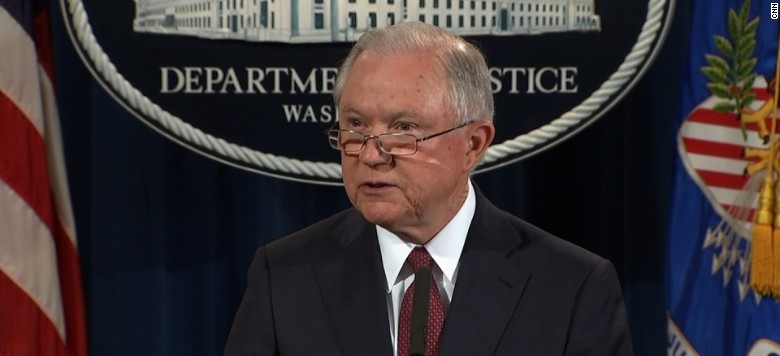The end of DACA
September 6, 2017 | Expert Insights

US Attorney General Jeff Sessions has announced that an Obama-era scheme to protect young undocumented immigrants is being scrapped. No first-time applications for the DACA programme will be acted on after 5 September 2017, the government confirmed. However, existing recipients will not be affected for at least six months.
What is DACA?
Deferred Action for Childhood Arrivals (DACA) is a federal government program created in 2012 under Barack Obama to allow people brought to the US illegally, the temporary right to live, study and work legally in America. Those applying are vetted for any criminal history or threat to national security and must be students or have completed school or military service. If they pass vetting, action to deport them is deferred for two years, with a chance to renew, and they become eligible for basics like a driving license, college enrolment or a work permit.
Those protected under DACA are known as “Dreamers”. Most Dreamers are from Mexico, El Salvador, Guatemala and Honduras and the largest numbers live in California, Texas, Florida and New York. They currently range in age from 15 to 36, according to the White House.
Analysis
Barack Obama described the decision of the Trump administration as "cruel" and "wrong", and appealed to Congress.
Close to 8,000 Indian Americans are among an estimated 800,000 people facing deportation after the announcement on Tuesday. India ranks 11th among countries of origin for DACA students, according to the US Citizenship and Immigration Services statistics.
"Deporting patriotic, courageous young men and women who are American in every way would be disastrous for our communities, our economy and our nation," said Congresswoman Nancy Pelosi, Democratic leader in the US House of Representatives.
They were able to apply for work and study permits under a policy which amounted to an amnesty for illegal immigrants.
How does this affect current 'Dreamers'?
No new first-time requests will be acted on after 5 September, DHS Acting Secretary Elaine Duke said in a memo released after Mr Sessions spoke.
However, no existing beneficiaries of the policy will feel any impact for six months, the period of time allotted for Congress to "deliver on appropriate legislative solutions".
People who have current DACA work authorisation will be able to keep it until it expires while people whose permits expire in less than six months can renew before 1 October for another full two years.
Assessment
Our assessment is that President Trump just threw the lives and futures of 800,000 Dreamers and their families, into fearful disarray, and injected chaos. This decision has led to uncertainty into thousands of workplaces and communities across the United States. The Trump administration should rethink its move to scrap a programme that protects hundreds of thousands of people.








Comments